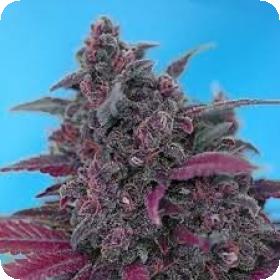As we were informed by the US Hemp Roundtable, seven states have taken action on hemp bills varying in status from newly proposed to passed, and as usual, it’s a mixed bag.
A rash of bills introduced in Florida over the past several months sought to impose an age restriction on ingestible hemp sales in the state (21 to buy), but all were defeated by the Roundtable, including one that tried to sidestep the Department of Agriculture and Consumer Services, which oversees hemp regulation in the state.
More headway was made in Virginia, where the Roundtable and partnering advocates have reached the ear of Governor Glenn Youngkin, who has agreed to discuss amendments to a bill (SB 591) that would have criminalized the sale of full-spectrum hemp products containing more than 0.25mg/THC per serving or 1mg/per product.
A bill in Indiana (SB 209) that would have required hemp products to report all forms of THC (not just delta-9 THC) as the total THC amount while adding isomers and salts to the “synthetic drug” category fizzled out as lawmakers were unable to come to terms on hemp language.
Utah enacted HB 385, a bill that “prohibits producing, selling, or using a CBD product that is added to a conventional food or beverage,” according to the Roundtable.
The bill also illegalized transporting these materials across Utah state lines (incoming and outgoing) as well as selling smokable flower.
Georgia and Tennessee are still honing in on delta-8 THC, with the former intending SB 614 to shut down sales, manufacturing, and use of any hemp-derived delta-8 product and the latter amending HB 1927 to define any product exceeding 0.3% THC as “marijuana.”
Finally, the Pennsylvania Liquor Control Board is joining up with the state’s Department of Agriculture to bar CBD products from being sold by establishments licensed to sell alcohol.
No official proposals have been reported yet, but the Roundtable and other advocates are closely monitoring the development and working with state officials to encourage different approaches.
As usual, we’ll continue to provide our audience updates on the ever-shifting state of hemp as states continue to act on legislation.


















